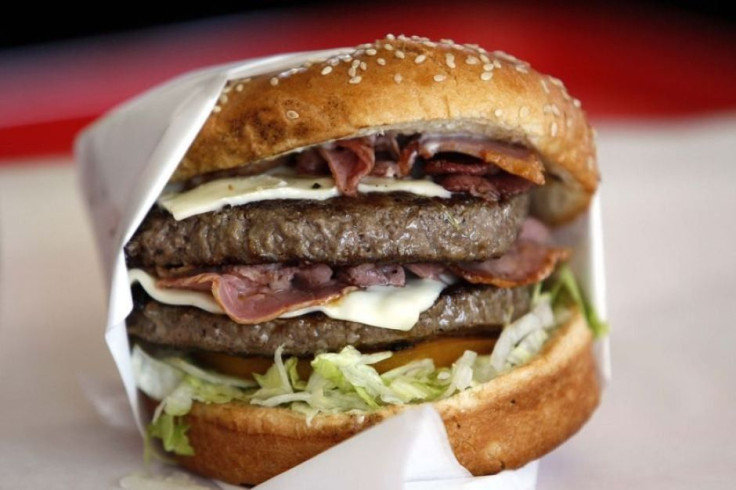Teach Your Brain to Choose Healthy Food Over Unhealthy Ones

Researchers have said that the brain can be taught to differentiate between healthy and unhealthy foods and can also be convinced into believing that healthy food tastes better than unhealthy ones.
As per a study published online in the journal Nutrition & Diabetes last September 1, the scientists found that the areas of the brain reward center showed high sensitivity to healthy and low calorie food and decreased sensitivity to food rich in calorie.
In order to come to this conclusion, the scientists studied two groups. One set of group consist of eight obese and overweight people who were enrolled in a weight loss program designed for changing their reaction towards food. The other control group consisted of five obese and overweight individuals who were not part of any diet program.
MRI scans were conducted on both groups, one at the beginning of the study and the other after six months. The result astonished the scientists who found that there were changes in the area of the brain reward center that controls learning and addiction among the group who were on a weight loss program.
Explaining the process of brain conditioning, Susan Roberts, senior author said in a Tufts news release, "This conditioning happens over time in response to eating repeatedly -- what is out there in the toxic food environment". Roberts is the director of the Energy Metabolism Laboratory at the U.S. Department of Agriculture's Human Nutrition Research Center on Aging at Tufts University. She is also a professor at the School of Nutrition Science and Policy at Tufts and an adjunct professor of psychiatry at the university's School of Medicine.
The study's first author Thilo Deckersbach, who is also a practicing psychologist at Massachusetts General Hospital in Boston, said that while operations like gastric bypass surgery can decrease one's appetite making it less enjoyable, it cannot make "healthier foods more appealing".
"We show here that it is possible to shift preferences from unhealthy food to healthy food without surgery and that MRI is an important technique for exploring the brain's role in food cues", concluded Deckersbach in the news release.
"Your memory, attention span and ability to learn will benefit from the healthful foods you choose", says Cynthia Green, PhD, founder and director of the Memory Enhancement Program at Mount Sinai School of Medicine in New York City and author of Brainpower Game Plan.






